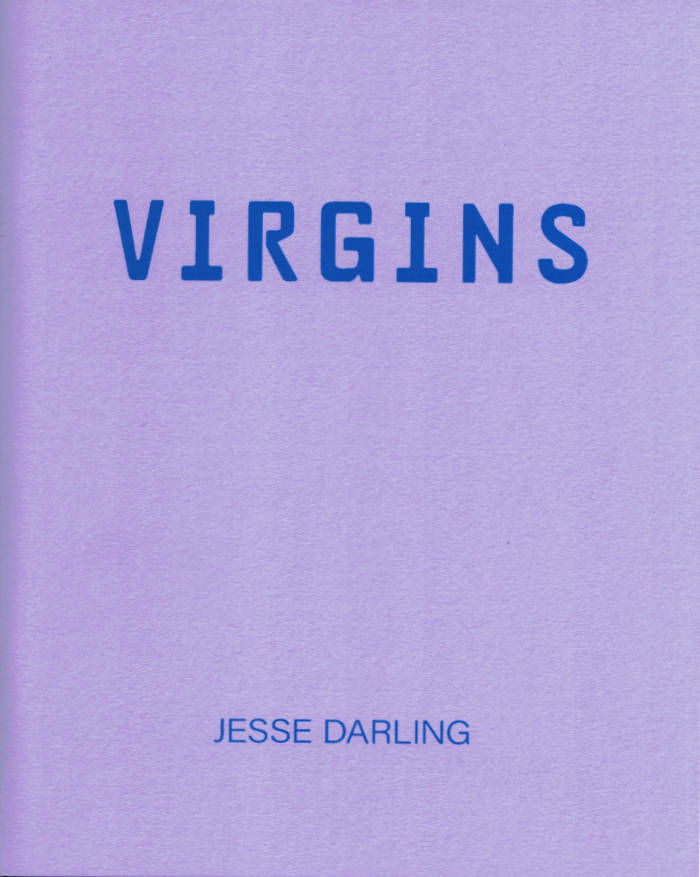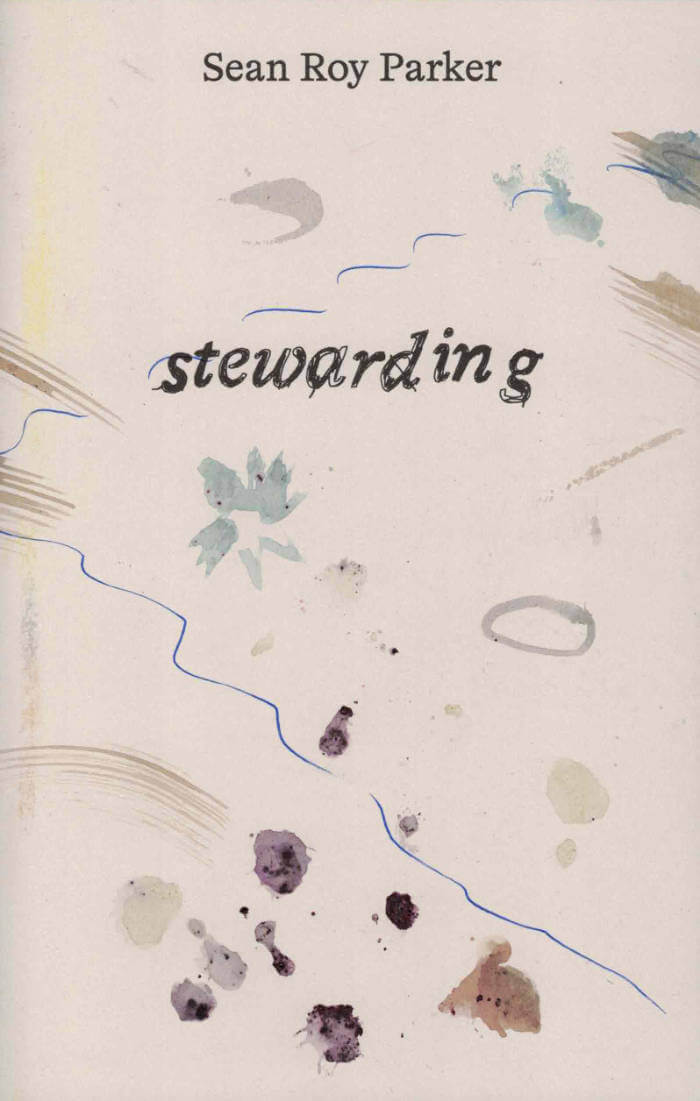
VIRGINS
Experiential and mapped, VIRGINS takes us on car rides, through hotel rooms and up close to meat viscera and enamel structures. Oscillating through binaries, concepts of innocence and experience are dragged by their creaturely haunches by ‘gathered clumps’ of characters who play, fight, bathe, fuck and browse on the burning pyre of old ideas.
‘Jesse Darling’s poems sing from the scrappy corners where life still lives. And they pray. Darling reminds us that between the beer and a cigarette there’s always a moment to genuflect on the street. There’s always a fire to stand around, too, bottoms up to the miracle.’ — Anne Boyer







